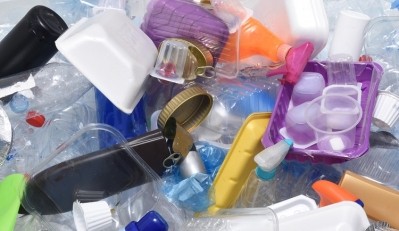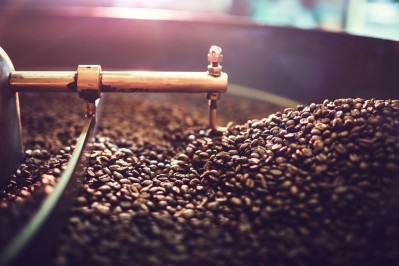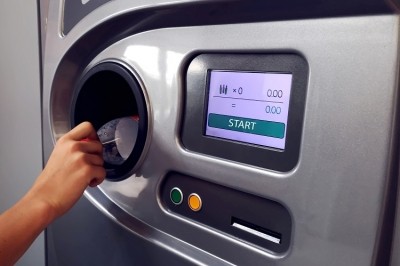Big Food plastic targets ‘expected to be missed'
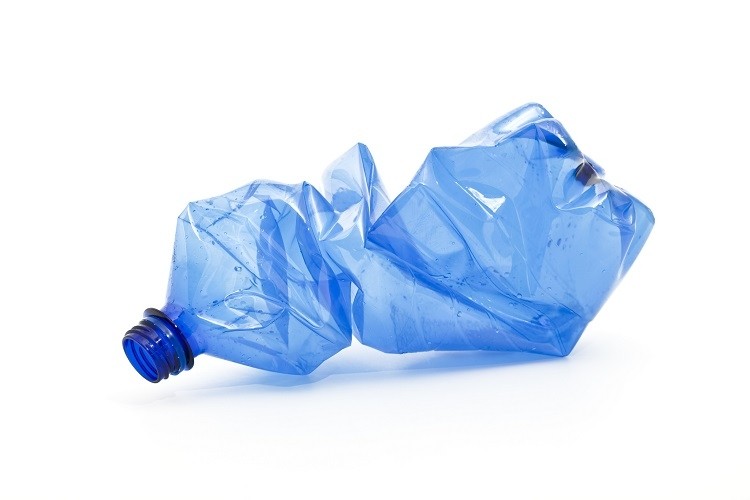
In 2018, the New Plastics Economy Global Commitment was launched by the Ellen MacArthur Foundation (EMF) in collaboration with UN Environment. Signatories collectively represent more than 20% of all plastic packaging produced globally.
Food and beverage majors Nestlé, PepsiCo, Unilever, The Coca Cola Company, Mars, Inc. and Danone are among those who signed up for the commitment.
A key target of the pledge was to ensure that 100% of plastic packaging can be easily and safely reused, recycled, or composted by 2025.
Now four years on, and just over two years away from the 2025 deadline, a progress report indicates this particular target ‘will almost certainly be missed’ by most organisations, with flexible packaging and lack of infrastructure being the ‘main barrier’.
Moving towards 100% packaging designed for recyclability
According to the report’s findings, businesses are making and planning ‘major’ investments in designing packaging to be technically recyclable.
For the third year in a row, the share of reusable, recyclable, or compostable plastic packaging has increased slightly (+1.7%) to 65.4%. But this percentage varies widely across signatories – from below 20% to close to 100% – mainly driven by the types of packaging in their packaging portfolio.
Food major Nestlé, for example, is edging towards the 100% mark. “At the end of 2021, 80% of our plastic packaging had been designed for recycling,” Jodie Roussell, Public Affairs Lead, Packaging & Sustainability at Nestlé told this publication yesterday.
The company expects to reach more than 95% by the 2025 deadline, and ‘remains committed to reaching 100%’.
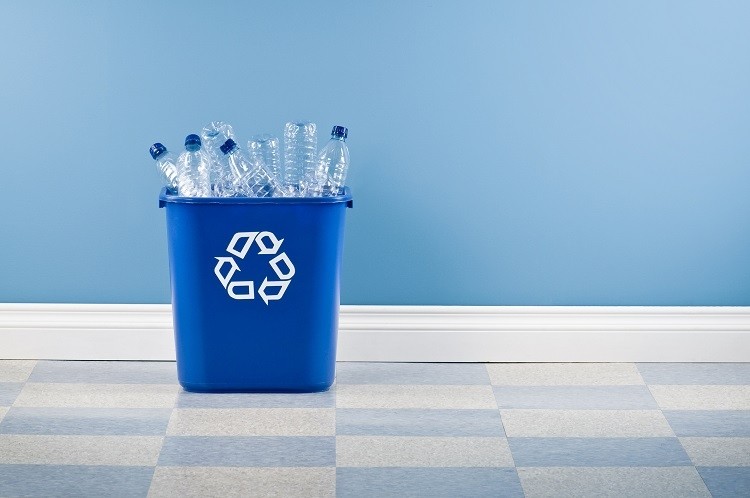
Overall, around 16% of signatories’ packaging is flexible packaging. This packaging category – made up of formats such as sachets and films – is one EMF says is ‘increasingly unlikely’ to meet recyclability in practice and at scale by 2025.
“For rigid plastic packaging types that are not recyclable in practice and at scale today – accounting for 11% of signatories’ portfolios – accelerated investments in infrastructure are key to make progress on the target.”
More recycled plastics, less virgin plastics
‘Strong’ progress, however, has been made on increasing the use of recycled plastics.
From 2018 to 2021, signatories’ share of post-consumer recycled (PCR) content has doubled from 4.8% to 10%. This means that PCR content increased as much during the past three years as it did in all preceding years since plastic packaging was first introduced.
But reaching the aggregate target of 26% content by 2025 will require progress to accelerate further, noted the report authors, ‘along an exponential growth curve’.
Sixty percent of signatories have added at least 2 percentage points PCR since 2018 and 14 businesses have added over 10 percentage points in that timeframe.
Unilever belongs to this second group of businesses.
“We are making progress; we have rapidly increased our use of recycled plastic in our portfolio from 1% to over 17% in just three years, considerably reducing out total virgin plastic packaging footprint,” a Unilever spokesperson told FoodNavigator.
“We also have more innovations than ever using less or no plastic, including reuse/refill models.”

While most signatories continued to decrease virgin plastic use, the collective virgin plastic use of the entire group has risen back up to 2018 levels.
This, EMF puts down to brands and retailers ‘significantly’ increasing their total plastic packaging use (+4.3%) in 2021 vs 2020, which has outpaced progress on recycled content.
Nestlé’s Roussell told us the company is ‘on track’ to reduce its use of virgin plastic by one-third by 2025.
Elsewhere, EMF welcomed the first announcements of reuse targets by major brands, including The Coca-Cola Company and PepsiCo. But lamented that overall, reuse ambitions ‘remain limited’, as ‘very few’ brands and retailers have a reuse strategy in place.
Recycling infrastructure a barrier to progress
Throughout the report, EMF stresses the importance of ensuring recycling infrastructure is available to consumers. Policymakers and producers have roles to play here, suggested campaigner.
An acceleration of policy efforts across different areas is required to make recycling infrastructure and economics work, noted the report authors. “Mandatory extended producer responsibility (EPR) schemes are widely recognised as a necessary part of the solution, without which packaging recycling is unlikely to be meaningfully scaled.”
Unilever also suggested a lack of infrastructure is a barrier to plastic reduction efforts. “The challenges we face are industry-wide, primarily driven by a lack of collection and recycling infrastructure.
“While we’re working with partners to close this gap, we also need policymakers to level the playing field for industry and help facilitate the implementation of solutions at scale.”

Nestlé is another company keen to level the playing field. “We’re advocating for EPR, deposit return systems, and for a legally binding Global Plastics Treaty…” said Roussell.
“We look forward to the prospect of new harmonised national regulations that might follow, because we believe this will help us in ending plastic pollution.”
‘Voluntary commitments have failed’
Environmental campaigner Greenpeace is also advocating for a Global Plastics Treaty.
Graham Forbes, Greenpeace USA Global Plastics Project Leader, said he would support one that starts negotiations shortly, delivers ‘major reductions’ in plastic production and use, and accelerates a ‘just’ transition to the ‘reuse economy we need’.
Overall, Forbes was disparaging about EMF’s progress report, which he said, ‘clearly shows that voluntary commitments from companies to address plastic pollution have failed’.
“Instead of tackling the plastic pollution crisis, big brands like Coca-Cola, PepsiCo, and Marks actually increased the amount of plastic they create since the EMG Global Commitment was launched in 2018.
“The EMF report pours cold water on the celebrated commitments made by big corporates who signed on to this high-profile project to eliminate plastic pollution.”

